Adapting to Climate Change Impact on Water Resources in the Andes (AICCA), a collaborative initiative between Bolivia, Peru, Colombia and Ecuador, seeks to improve the interdependence between agriculture and natural water cycles. The project, launched at Lake Tota, Boyacá, Colombia, ‘will seek comprehensive responses and transformative changes by working from inclusive, systemic, contextualized, local approaches that understand the importance of gender equality.’
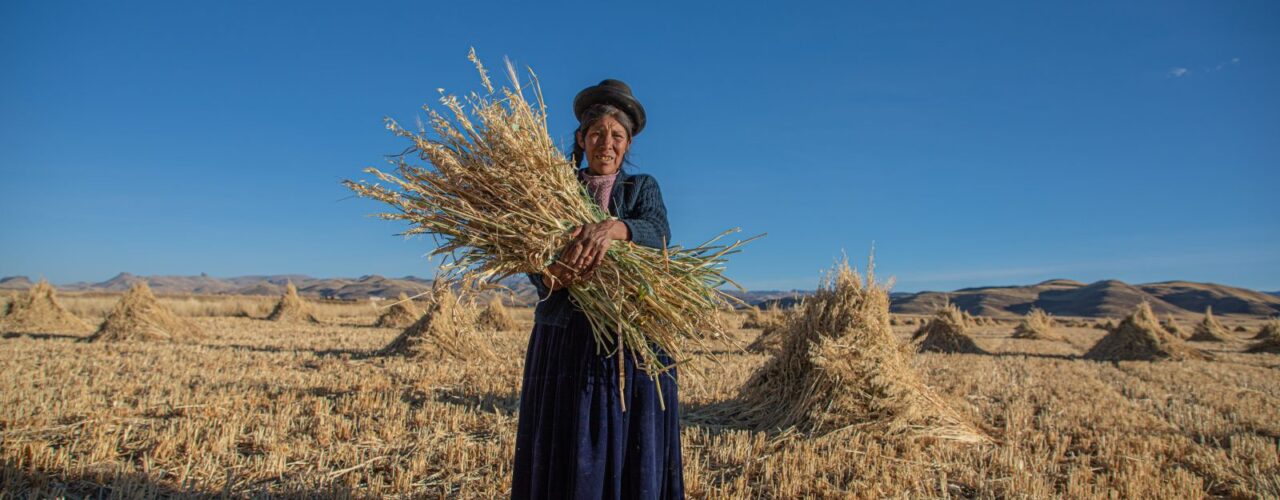
With $67 million invested in the project, one of the main outcomes will be to benefit 27,000 people with actions on adaptation to Climate Vulnerability and Climate Change, of which 13,770 are women.
So what?
1 million deaths each year are associated with unclean births. Infections account for 26% of neonatal deaths and 11% of maternal mortality. (WHO/UNICEF 2019). Furthermore, while supplying almost half of all agricultural labour in low and middle-income countries, women’s agricultural productivity is on average 20–30 % lower than male farmers’. (FAO, 2017)
Recognizing the interrelations between natural water cycles, climate change, agriculture and gender is an important step towards solving these issues. The systemic approach of the AICCA project signals that governments and diverse stakeholders from scientists to governments to civil society groups are beginning to intervene in a ‘joined-up’ and strategic manner rather than addressing issues in silos.
Water, agriculture, gender, and climate change may seem an obvious set of connected issues today, but what other as-yet unseen interrelated issues could we identify and address with such a systemic approach?


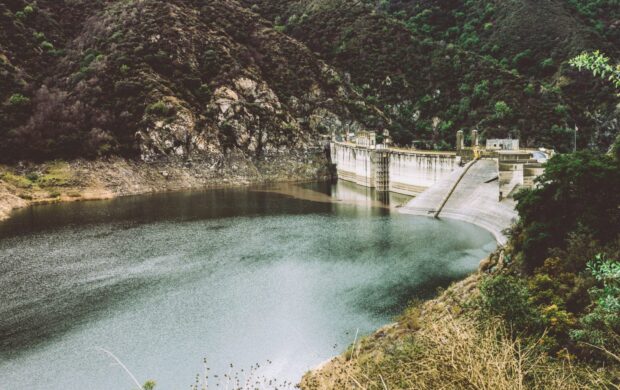

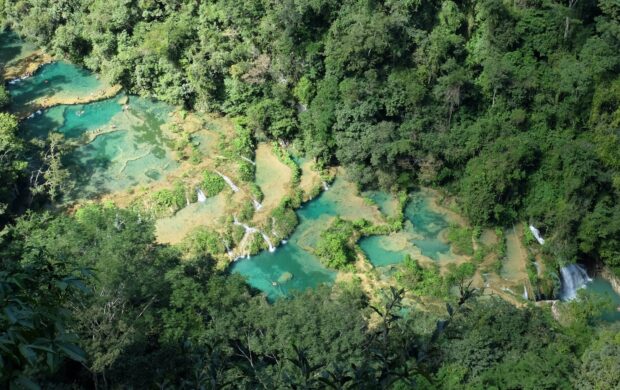
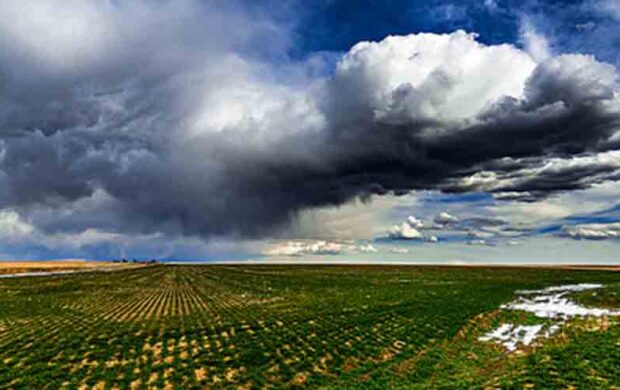


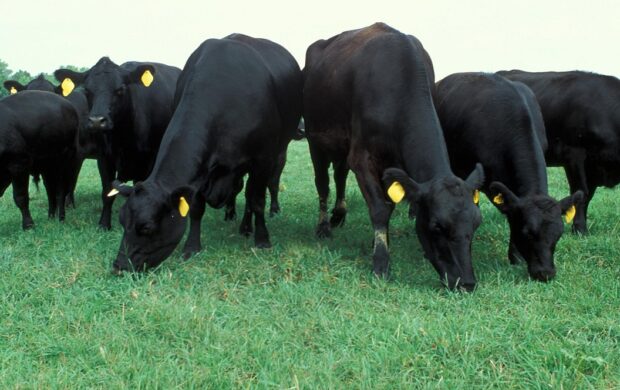
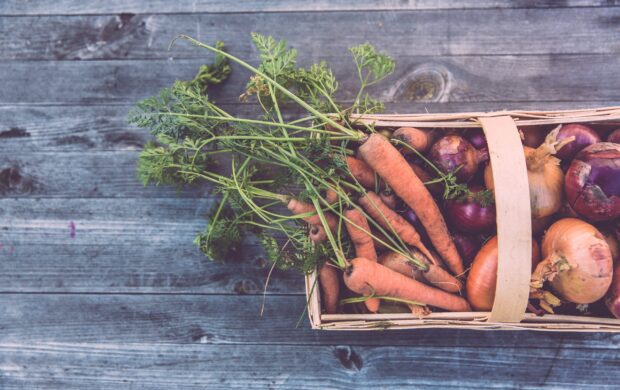

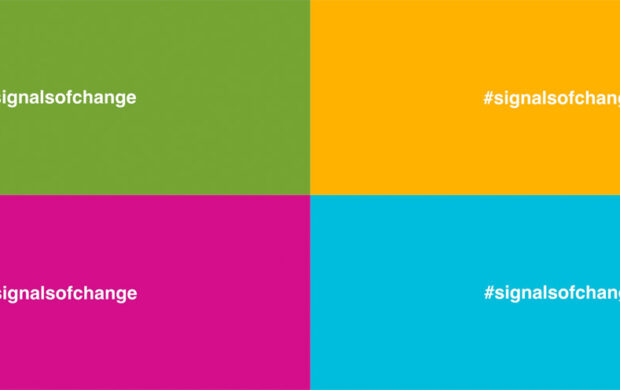

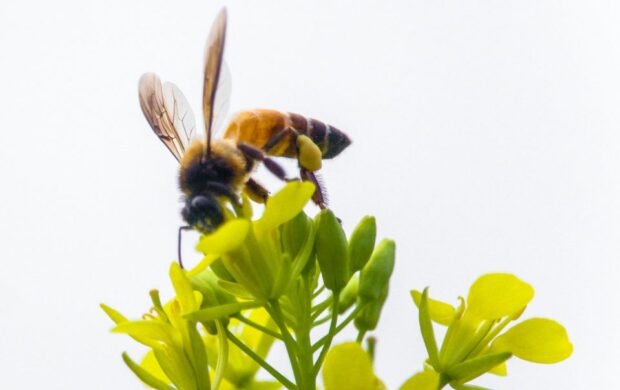
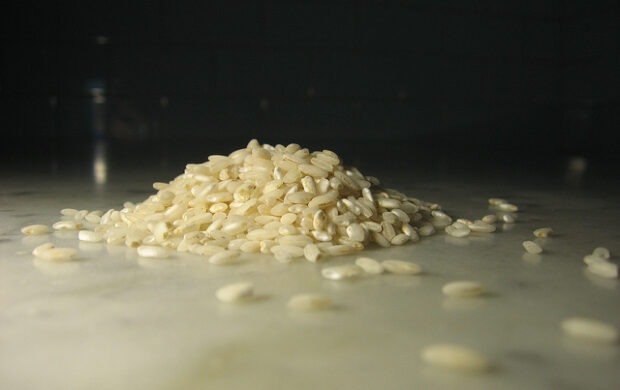
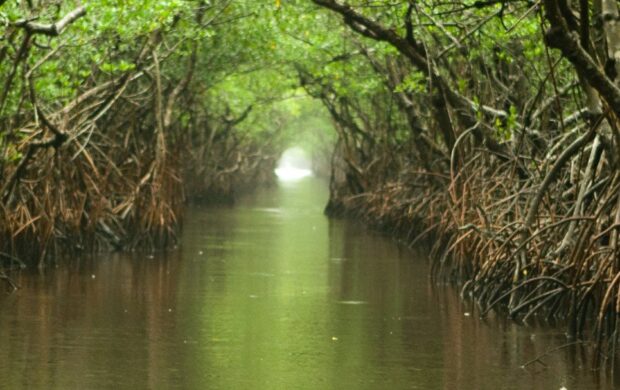
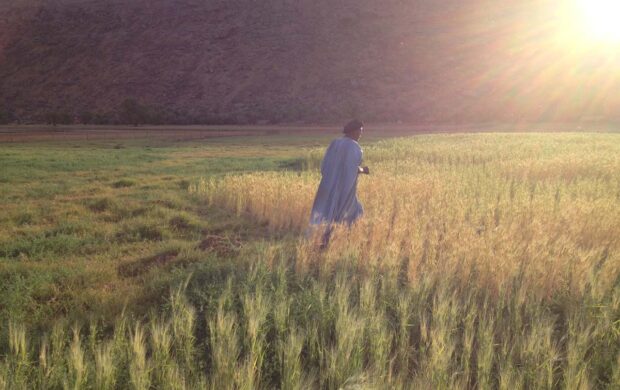
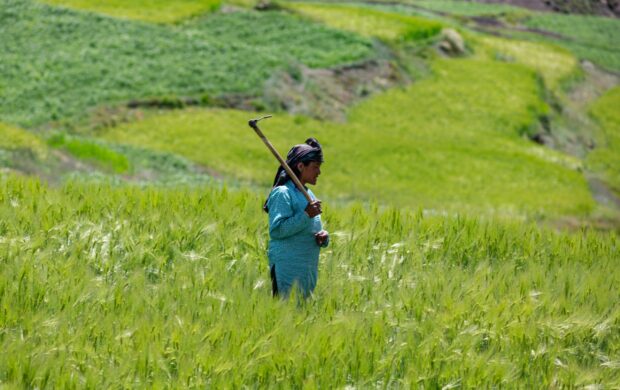

Join discussion